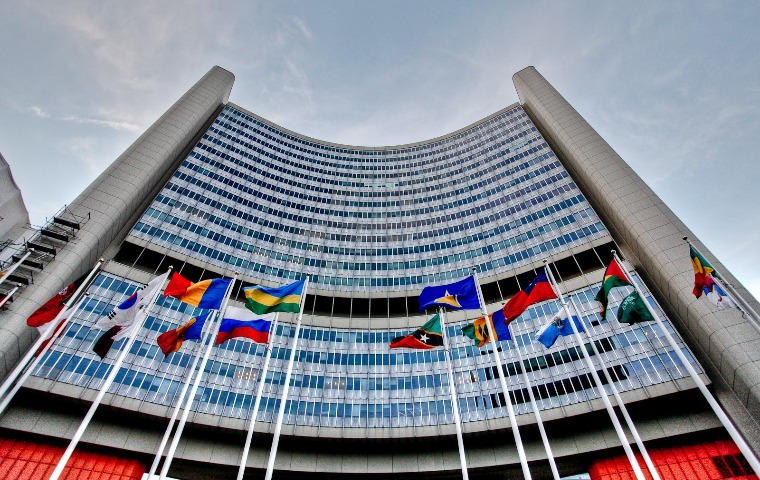Extradition law, by definition, is the process by which a country (‘requesting state’) may request from another country (‘state of refuge’) the return of an individual in order to subject them to a criminal trial.
The individual in question has committed a criminal offense outside of the state of refuge and is punishable in the requesting state.
Extraditable individuals include those who have been charged but not tried, those that have been tried and have been convicted (and escaped) and those that have been tried in absentia.

Whether or not a person can be extradited depends on whether international treaties are put in place between the requesting state and the state of refuge to allow for the extradition to take place.
The United States and the United Kingdom, for instance, have bilateral extradition agreements in place, for example. On the other hand, The United States and Venezuela do not have such an agreement in place.
This means that the United States can request an individual’s extradition from the United Kingdom, but not from Venezuela.
The terms and conditions under which a person can be extradited will depend on the intricacies of the treaty in question, national constitutional articles or acts, and on the extradition process in the state of refuge.
Some key principles of extradition, however, are the same in many countries. Many states decline any obligation to extradite their own nationals to a requesting state.
Furthermore, most states abide by the rule of double criminality, which stipulates that the alleged crime for which extradition is being sought must be a crime in both the requesting state and in the state of refuge.
Another standard clause in most extradition treaties is the exception for political crimes. It includes a right to refuse extradition for political crimes. There is very little consensus of what actually constitutes a ‘political crime’. This exception has often been criticised and its application is developing as case law advances.
The rest of the rules are subject to the treaties. Of course, the better the diplomatic relationship between two states, the more likely they are to have reciprocal extradition agreements in place.
This area of international public law is developing continuously and is both affected and affects geopolitical landscapes across the world.
Whilst the most famous modern case of extradition is the extradition request of Julian Assange (which should finally be decided early next year), requests are made very frequently and call upon the expertise of specialist lawyers, judges and lawmakers to ensure due process is followed in this every-expanding and very current issue.